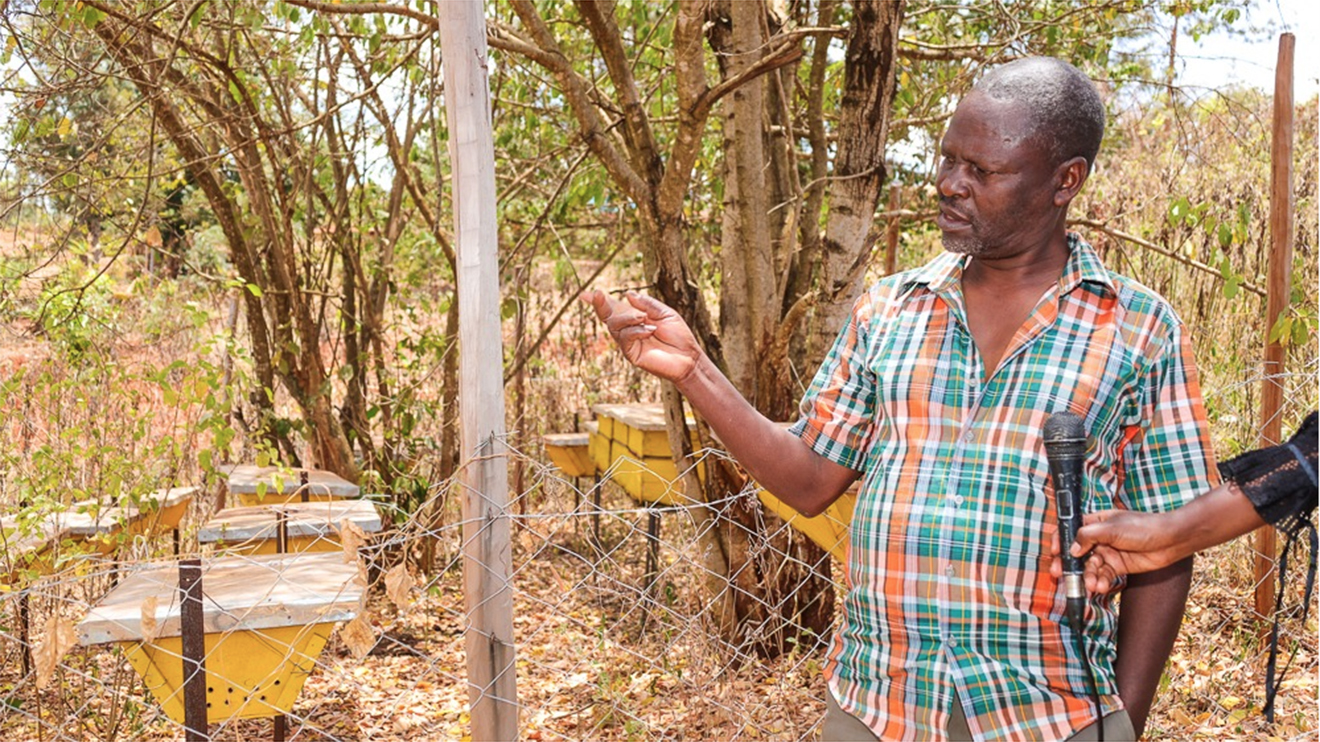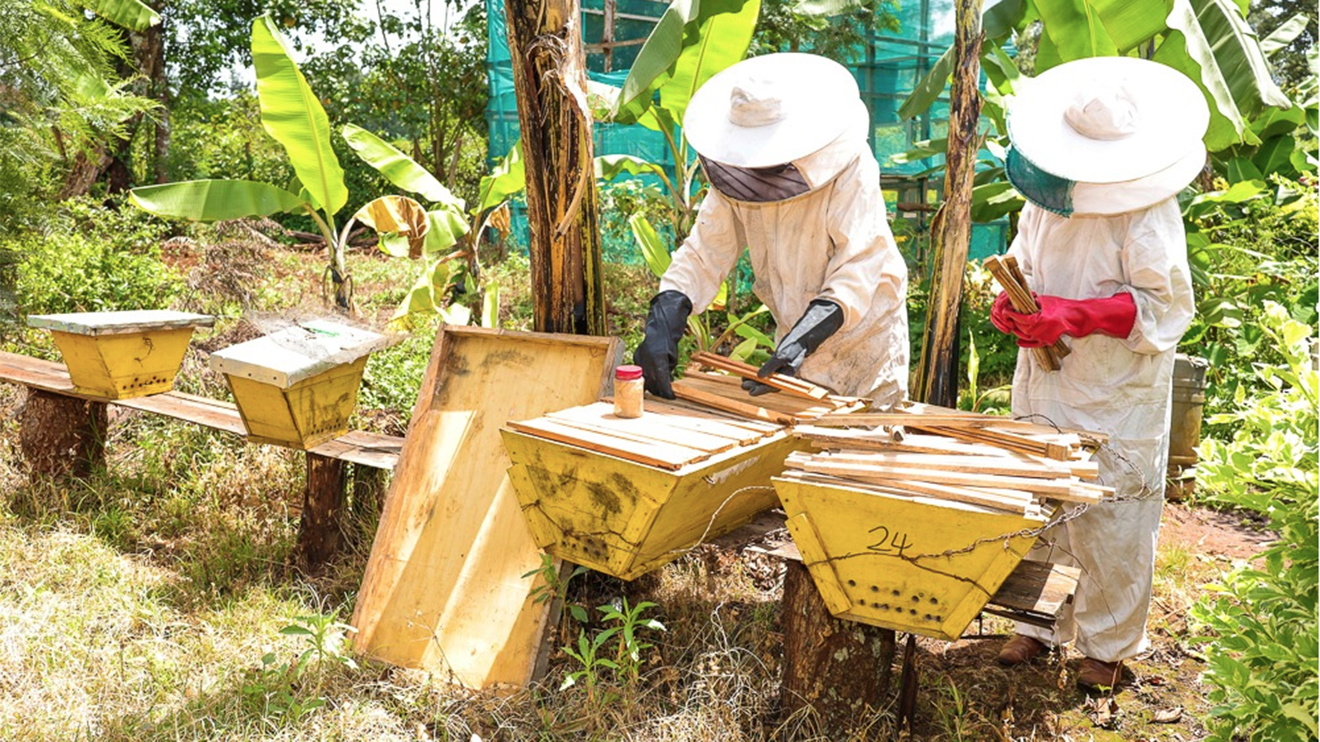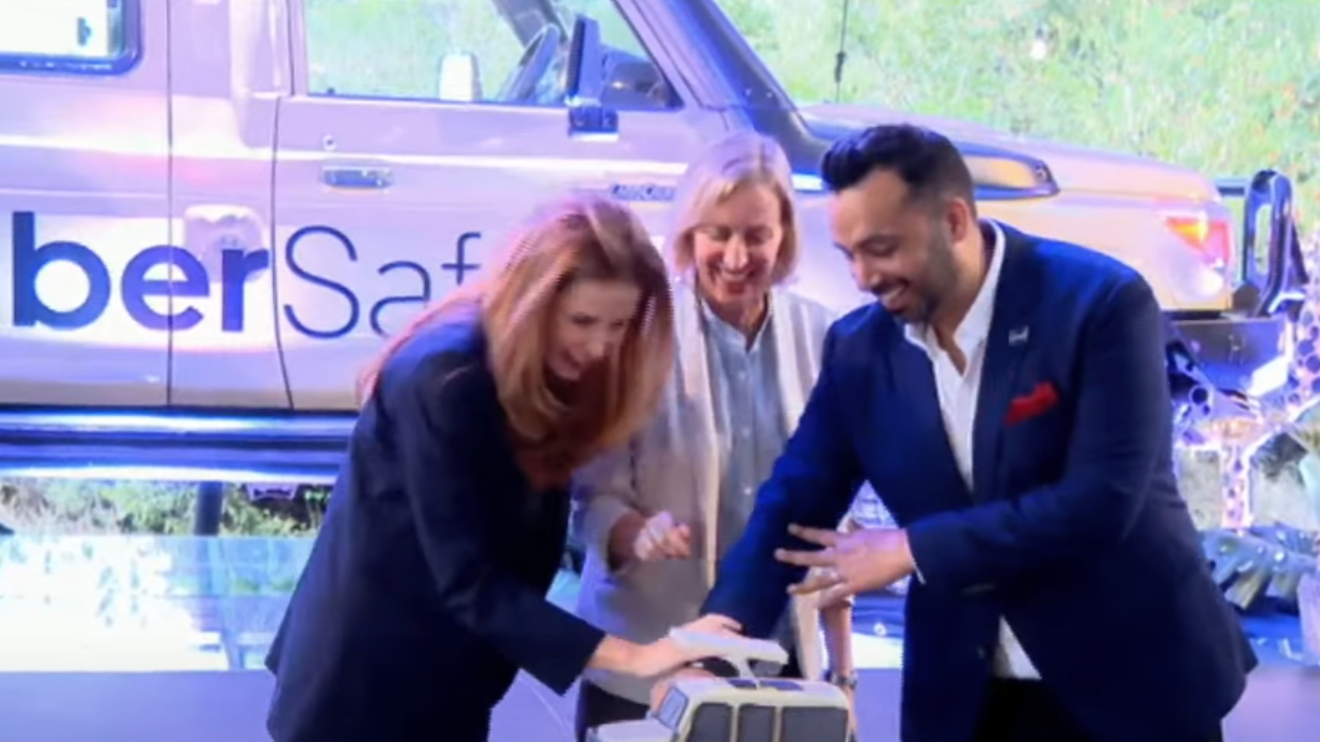One of the group of farmers from Kirinyaga County who were supported by Governor Anne Waiguru to undertake commercial bee-keeping have started exporting honey to Israel.
It was all smiles for the 24 members of the Kanjikomu Self-Help Group, one of the first 19 groups that got 456 bee hives and two honey harvesting kits via Waiguru’s Wezesha project.
Located at Kabare Ward in Gichugu constituency, Kanjokimu sold its first 200kg honey harvest at Sh200,000 and plans to start packaging its own product for value addition.
The group received 24 Kenya Topbar beehives, 18 of which were colonized, which it has utilized to establish its bee and honey business with a view to take over the world.
Waiguru noted that project is helping to seal the honey deficit in Kirinyaga county and Kenya at large and emphasized on the health benefits the consumption of honey portends.
Read More
“This project sought to harness beekeeping by supporting the farmers to exploit the untapped potential in apiculture,” said Waiguru.
She added that the County Government has in 2023 supported an extra 26 groups with 22 bee hives each added to honey harvesting kits in an effort to boost the bee-keeping project.
Kanjikomu group chairman Evans Kabutu said they harvest an average of 11kg of honey from each of the 18 colonized beehives with unprocessed honey going for Sh1,000 per kg.
“We have seen the benefit of bee keeping, the demand for pure honey is so huge that we cannot meet it. We sold the first harvest to an Israel whom we got through social media,” he said.
Utheri Wa Ngondo Community Based Organization (CBO) from Kangai Ward in Mwea has also benefitted from the programme being spearheaded by Kirinyaga county government.

Vice chairman Gerald Muriithi says the group ventured into bee keeping and acquired its first 10 beehives and got 24 more from the County after being trained on beekeeping.
“We have harvested for several times and our profit keep on rising. The demand for honey is huge and once we sell, the money is shared equally among members. We are grateful of the initiative by Governor Waiguru,” noted Muriithi.
On her part, Waiguru says bee-keeping is part of the Wezesha Kirinyaga economic empowerment program to help farmers diversify on their agriculture to boost incomes.
Kirinyaga currently has about 13,000 bee hives including longs troth, Kenya Top-bar Bee Hive and the traditional log hives which all produce about 359 tonnes of honey per year.
The Governor noted that Kenya produces an estimated 11,000 metric tonnes of honey and two tons of bee wax annually, which only realizes 20 per cent of the country’s potential.








 shares a light moment with the company's Group CEO Dr Patrick Tumbo (right) at a past event-1758121528.jpeg)
-1758116028.jpeg)


